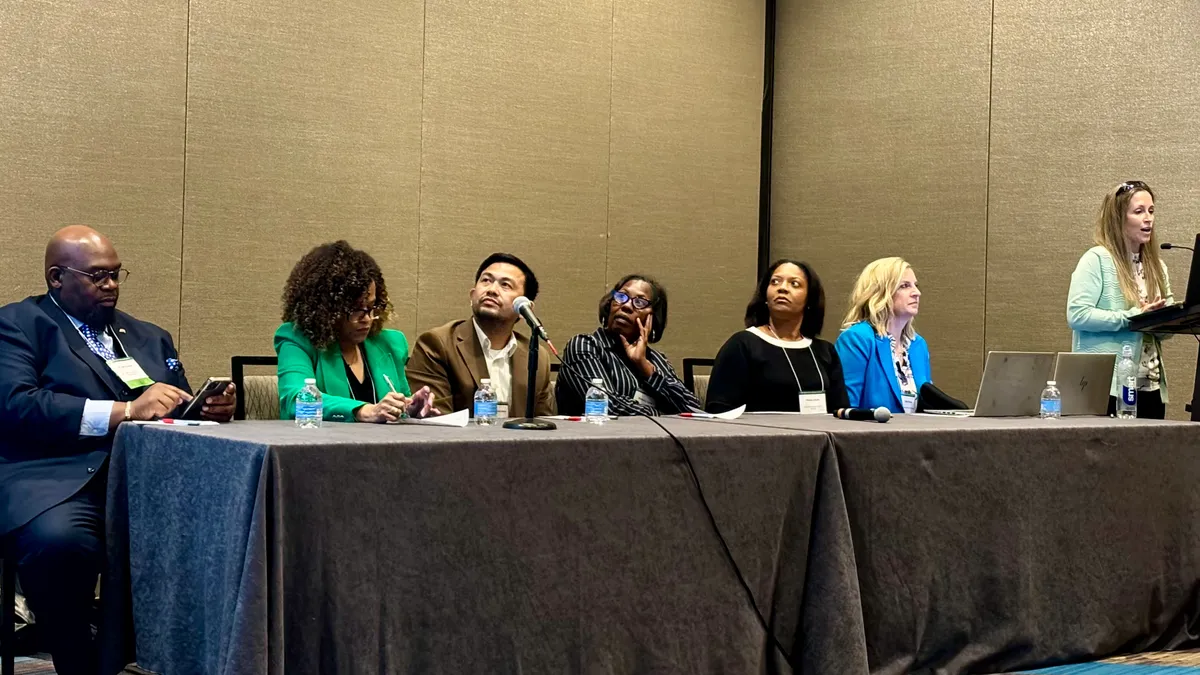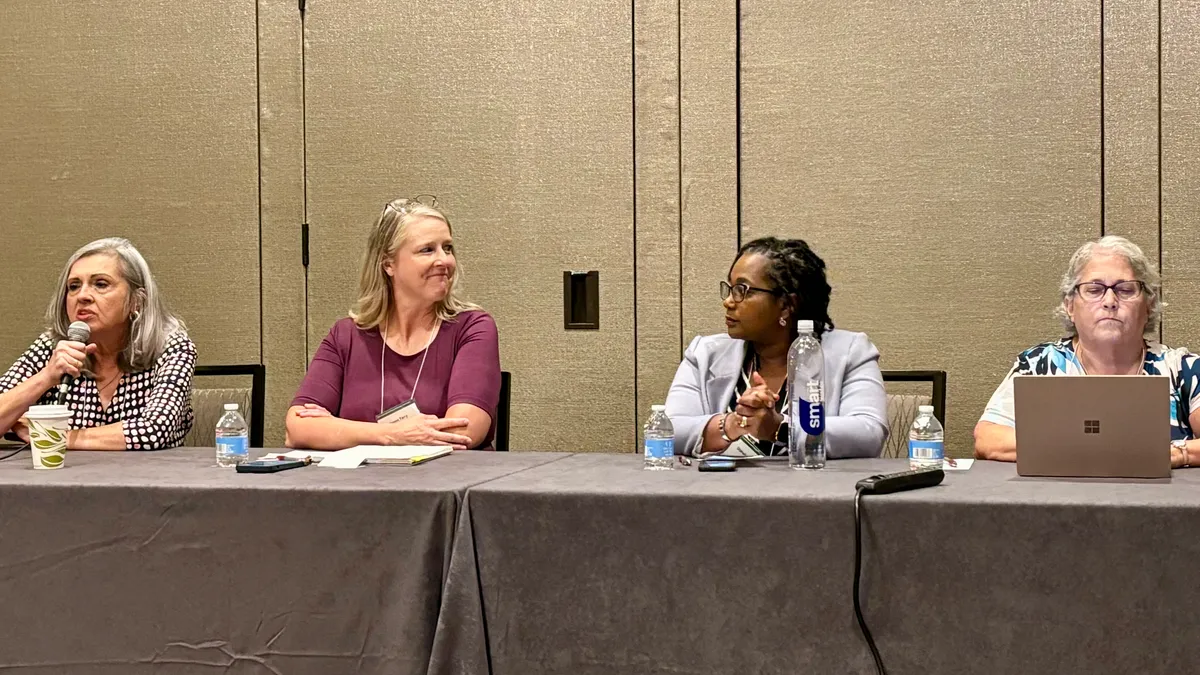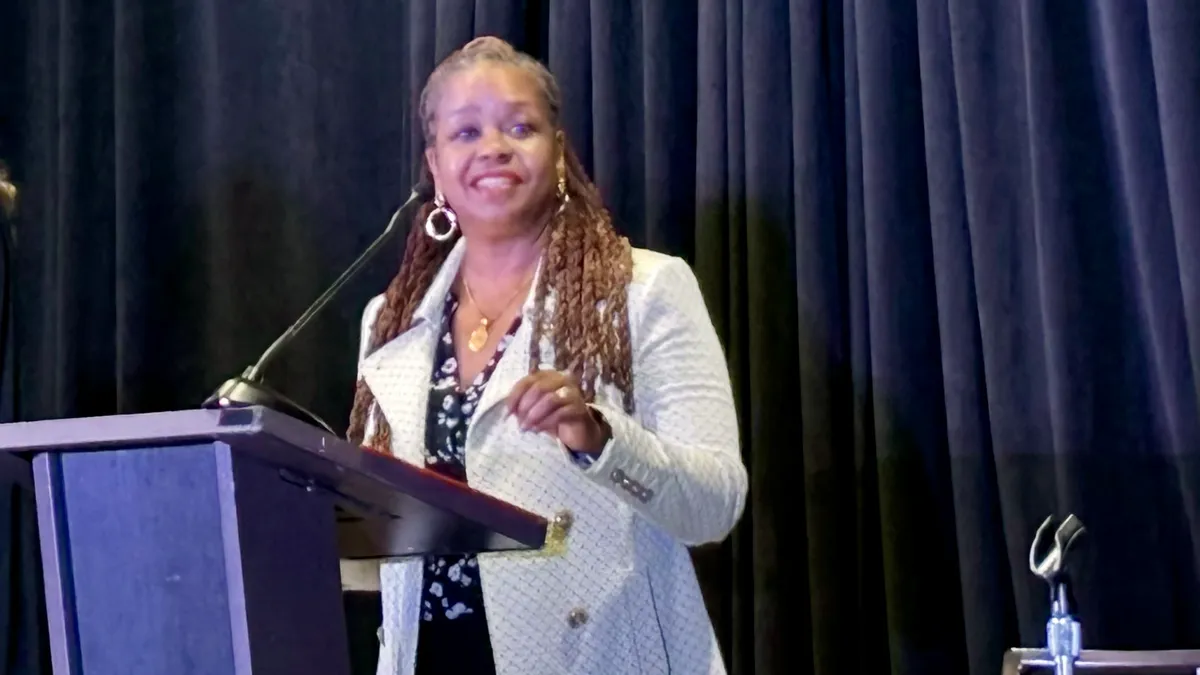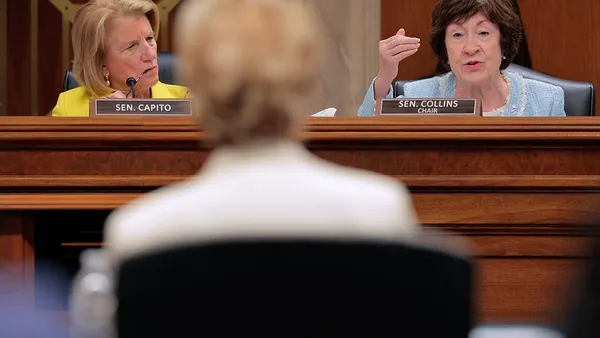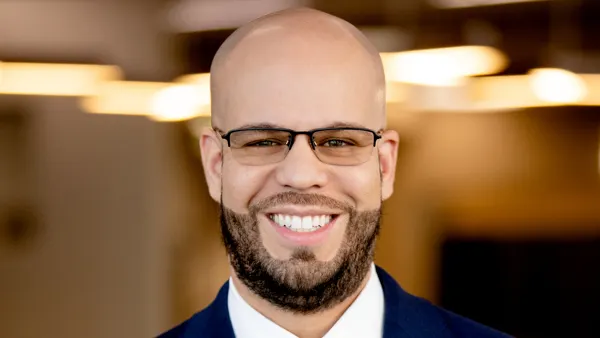ARLINGTON, Va. — Nearly all – 98% — of local special education directors said most relationships with families are positive, and 95% reported that most individualized education program meetings with parents and school staff are collaborative, according to results of a survey by the Center for Appropriate Dispute Resolution in Special Education, a federally funded technical assistance center.
However, nearly half — or 45% — of the 463 survey respondents said their district is experiencing an increase in conflicts that can't be resolved through IEP team meetings.
Conflict is natural and has value but can lead to negative impacts for students when it goes unresolved, said speakers presenting the unpublished survey findings Thursday during a session at the U.S. Department of Education’s Office of Special Education Programs annual conference.
Unresolved conflict "could cause a lot of harm. It can harm relationships. It could break trust. It can impact kids. And so we know that we need to do something to change the trajectory," said Kelly Rauscher, a learning and development specialist at CADRE.
Rauscher co-presented with Angela Balsley, founder and CEO of Unified Leadership, an organization that provides services to education leaders. Balsley is also a former district special education director.
Proactive dispute resolution approaches, such as mediation and facilitated IEP meetings, can defuse conflict and help opposing sides problem-solve collaboratively, both Rauscher and Balsley said.
Earlier CADRE data, released in January, shows a 47% jump in written state complaints during the 2021-22 school year over the previous year.
In the latest survey, local special education directors surveyed between September 2023 and January 2024 named lack of time as their biggest barrier to implementing proactive practices. Other top challenges included issues within the local school system and a shortage of state resources and guidance.
Special education directors responding to the survey said they need specialized training in handling higher levels of conflict due to increased tensions and intensity in recent years. Some 69% expressed a need for conflict engagement and resolution skills.
Balsley and Rauscher offered several strategies to build relationships with parents to prevent disputes and, when conflict arises, to have effective and collaborative methods for resolving differences:
- Adopt routine practices. Using consistent practices like clear and transparent communication with parents, standardized practices for ensuring compliance with the Individuals with Disabilities Education Act, and using evidence-based practices for developing IEPs will put school districts on a good path for helping to prevent conflicts.
Even simple routines — like having the special education director's contact information easily accessible on the district website — can reduce frustrations, Balsley said.
- Build relationships and empower parents. Having good school-parent relationships means "treating the parents as partners and meeting regularly, responding to their questions, listening in culturally responsive ways, having that customer service focus, being empathetic and leveling up concerns," Balsley said.
Improved relationships with parents can lead to better student outcomes and retention of special education staff, Rauscher and Balsley said. Parents and educators can start with building one relationship at a time, with the understanding that everyone is working toward better student outcomes.
State and local school systems should be helping parents understand their child's IDEA rights and connecting them with parent information centers, they said.
- Use a continuum of dispute resolution options. There are early dispute resolution strategies parents and schools can use before a disagreement escalates to litigation. The CADRE survey showed that 7.5% of special education directors said their district doesn't offer a dispute resolution process, and only 5% have an ombudsman office to help monitor complaints and mediations.
Additionally, 7 of 10 special education directors said they need support with coaching others through conflict and 5 of 10 said they need support in establishing a continuum of dispute resolution options.
Surveyed directors said they rely on a variety of supports for navigating conflicts in special education, including leaning on their colleagues, professional organizations, state departments of education and federally funded parent centers.








